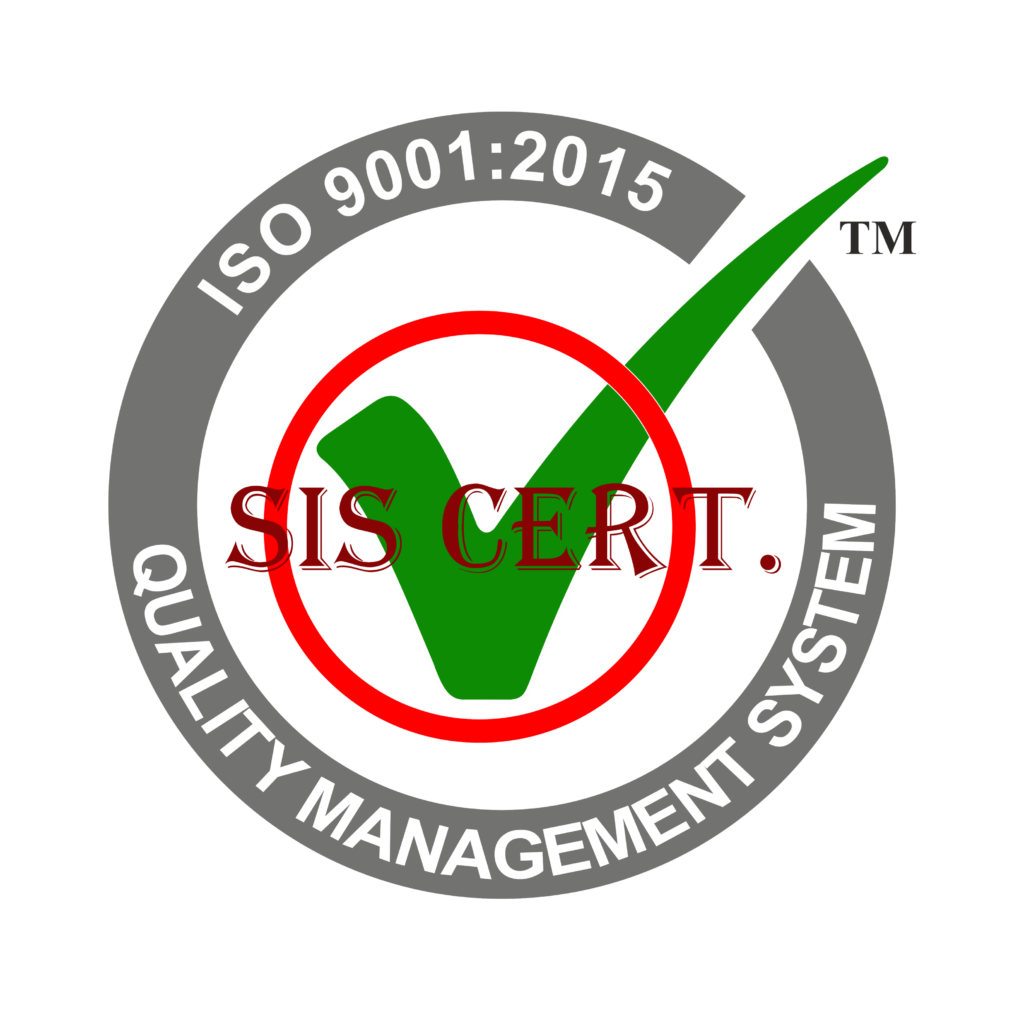The stainless steel industry is undergoing a revolution with the introduction of sustainable technologies.
As green tech advances, the steel scene is transforming, with increased automation and improved environmental impacts.
Businesses and consumers alike will benefit from these advancements, as they provide increased efficiency, cost savings, and sustainability.
This article explores the way green tech is revolutionizing the stainless steel industry.
Key Takeaways
- Green technologies in the stainless steel industry improve production efficiency and reduce emissions, water pollution, and waste production.
- The implementation of green tech reduces energy consumption, costs, and emissions, while also improving efficiency and waste management systems.
- Electric arc furnaces, induction furnaces, and oxygen converters enable efficient resource utilization and reduced emissions, while the use of scrap steel decreases the need for natural resources and energy consumption.
- Green technology in the stainless steel industry replaces outdated and polluting processes with clean and renewable energy sources, reducing the carbon footprint and making steel manufacturing more efficient and sustainable.
Steel and Sustainability
Sustainability is quickly becoming an integral part of the stainless steel industry. Advances in green technologies are allowing for more efficient production and use of this essential material. Steel production processes can be improved to reduce emissions, water pollution, and waste production. These improvements also lead to the creation of more sustainable products.
New technologies are enabling stainless steel manufacturers to become more efficient and environmentally conscious in their processes. For example, energy-efficient smelting techniques can reduce energy consumption and environmental impact. Stainless steel producers are also investing in waste-reduction initiatives to reduce their carbon footprint and increase the sustainability of their production.
In order to meet current global standards for stainless steel production, manufacturers must continually invest in innovative technologies that ensure sustainable practices. This investment is necessary to not only meet regulatory requirements but also to stay competitive in the market. By embracing sustainability, stainless steel manufacturers can contribute to a greener future while also improving their bottom line.
Benefits of Green Tech
How can investing in green tech help the stainless steel industry improve sustainability and reduce environmental impact?
Green technology offers several benefits to the stainless steel industry, such as reduced energy consumption, improved efficiency, and better waste management.
Investing in green tech helps reduce the amount of energy used during production, leading to lower costs, fewer emissions, and greater sustainability.
Additionally, green tech can help the industry operate more efficiently by utilizing new processes and materials that are better for the environment.
Lastly, advanced waste management systems can reduce the amount of waste produced by the industry, leading to a cleaner, more sustainable environment.
Steel Manufacturing Changes
Significant changes in steel manufacturing processes have been made due to the introduction of green technology. Innovations such as electric arc furnaces, induction furnaces, and oxygen converters have enabled a more efficient utilization of resources and reduced emissions.
In addition, the use of scrap steel as a raw material has further reduced the need for natural resources. This has resulted in a decrease in energy consumption, making stainless steel production more sustainable.
Furthermore, advanced production techniques are allowing higher quality steel with increased strength and durability. These innovations are revolutionizing the steel industry and ensuring that future generations benefit from a healthier environment.
Environmental Impacts
The introduction of green technology has not only made stainless steel production more efficient and sustainable, but has also had a positive impact on the environment. By replacing outdated and polluting processes with clean and renewable energy sources, the industry is able to reduce its carbon footprint and help combat climate change.
Additionally, newer technologies are allowing steel manufacturers to become more efficient, which in turn reduces waste and resource consumption. By investing in green tech, steel producers are ushering in a new era of sustainability, leading the way for the rest of the industry.
The future of the steel industry looks brighter than ever before, thanks to these technological advances.
Automation Advances
Building on the environmental benefits of green technology, automation advances have further transformed the stainless steel industry. Automation technologies, such as robotic welding systems, can be programmed to precisely control the entire production process from cutting and welding to quality control. This allows for higher production rates and improved quality with fewer manual labor inputs.
Automation also helps to reduce energy costs, boost safety, and increase reliability in steel production. By reducing human error, the industry can produce more consistent and higher quality steel products. Automation also reduces waste production, leading to a more efficient and sustainable steel industry.
Frequently Asked Questions
What Is the Cost of Implementing Sustainable Technologies in the Stainless Steel Industry?
Implementing sustainable technologies in the stainless steel industry can be expensive, but the long-term benefits are invaluable. Investing in green technologies now can lead to a more efficient and profitable future.
Are There Any Other Alternatives to Green Tech Technologies to Reduce Environmental Impact?
Yes, there are other alternatives to green tech technologies to reduce environmental impact. Such alternatives include more efficient energy usage, recycling of materials, and better waste management strategies.
How Much Energy Is Saved Through Using Green Tech Technologies in the Stainless Steel Industry?
Using green tech technologies in the stainless steel industry can help save significant energy compared to traditional methods. These technologies provide an innovative and sustainable solution that can lead to long-term environmental benefits.
What Are the Long-Term Effects of Using Green Tech Technologies in the Stainless Steel Industry?
The long-term effects of using green tech technologies in the stainless steel industry are significant. These sustainable technologies can reduce energy consumption, improve efficiency, and reduce waste, leading to greater cost savings and a more sustainable future.
How Do Green Tech Technologies Improve the Efficiency of the Stainless Steel Industry?
Green tech technologies help stainless steel industry improve efficiency by reducing energy consumption, waste, and costs while increasing productivity and sustainability.
Conclusion
The usage of green technologies in the steel industry has the potential to revolutionize the way steel is produced, with positive effects on the environment. Through the implementation of automation, energy efficiency, and waste reduction, the steel industry can reduce its carbon footprint while still providing a high quality product.
In conclusion, green tech is a powerful tool to improve sustainability in the steel industry.


